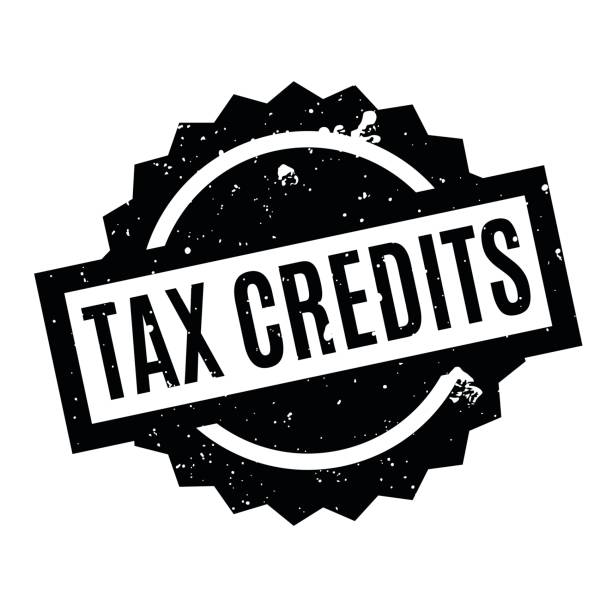However, other factors can also affect the magnitude of your personal credit’s impact. These are the most important factors.
- The type of lender, the loan and collateral
- The terms and amount you are eligible for a loan
- The debt repayment history of your business and the ability to repay it
- The capital structure of your business
- Current economic conditions
These five factors, together with your credit score, are what traditional lenders use to determine your overall risk to lend to you.
Your credit score will be less important if these five factors prove that lending to you isn’t risky. Your credit score will be more important if you do not score well on any of these five factors.
Even if your credit score isn’t a problem, it could make the cost of a business loan more expensive. It’s worth looking into if you have a good credit rating.
We’ll help you achieve this goal by reviewing your credit before you apply for a loan.
How to improve your credit score to get approved for a small business loan:
How Personal Credit Scores are Calculated
You can understand your credit history to get an idea of ways to improve your score.
Here’s how the FICO Score (the most popular credit score) is calculated.
- Sums due: 30%
- Pay history: 35 percent
- Credit history length: 15%
- Credit mix: 10%
- Credit card: New credit: 10%
These percentages show how important each category is to determine your credit score.
Get Your Payments In Time and Complete
Your payment history is the biggest factor that can affect your credit score. A better credit score will be built if you consistently pay your bills on time and in full.
You’ll be more likely to get approved for a loan or financing options such as a merchant line of credit, cash advance, equipment financing, and a merchant line of credit.
You don’t have to be late or miss payments if you make your full payments on time. If you are committed to paying your debt on time, you can improve your credit score and overall financial situation.
Your credit score will take longer if you make late or missing payments. You will need to pay off any significant debt responsibly for a long time before your credit score improves.
Create a long-term plan
Let’s assume your credit mix, payment history and length of credit history all are good. You only have one credit limit of $5000 on your card. You use 60-80% of your monthly limit because you only have one credit card with a limit of $5000.
Your credit score will suffer because you use almost all your monthly credit. You can either increase your credit limit or apply for a business credit card to fix this.
You’ll be able to access more credit if you have a new card. However, your credit score could decrease as you add new credit. As credit gets older, the amount of credit you have will decline, and your credit score will likely rise.
This is why you must look at credit improvement over the long term. You have more options to improve your credit score the longer you wait.
Search Your Credit Report to Find Errors
A study by the Federal Trade Commission found that 27 percent of participants had at least one credit error. You can request your credit report from three major credit bureaus: Equifax and Experian.
Here are the steps to correct an error you make
- Write a letter disputing the error using all documentation
- Send your letter with supporting documentation to the credit bureau
- Get in touch with the lender that reported the incorrect information
Do Not Drag Out Your Loan Shopping
Alternative and online lenders will conduct a hard inquiry into your credit history when looking for small business loans. The business lender will request your credit file to assess your creditworthiness. Hard inquiries can appear on your credit report for your business and may negatively impact your credit score for a brief time.
Hard inquiries are inevitable when you are looking for a small-business loan. The key to minimizing the impact of hard inquiries is not to avoid them but to minimize their impact. You should ensure that they are not frequent.
You should only spend a limited amount of time researching loans. Because credit bureaus understand that you are submitting multiple applications for business loans to compare rates, this helps. The bureaus consider it a single inquiry.
If you compare interest rates over a longer period, you will have many hard inquiries which can negatively impact your credit score and your overall business finances.
Instead of looking casually for financing, we recommend that you focus on your business loan search. It is important to be confident about your funding needs and to work hard to get approved. You may want to wait until you know if you need additional funding.




